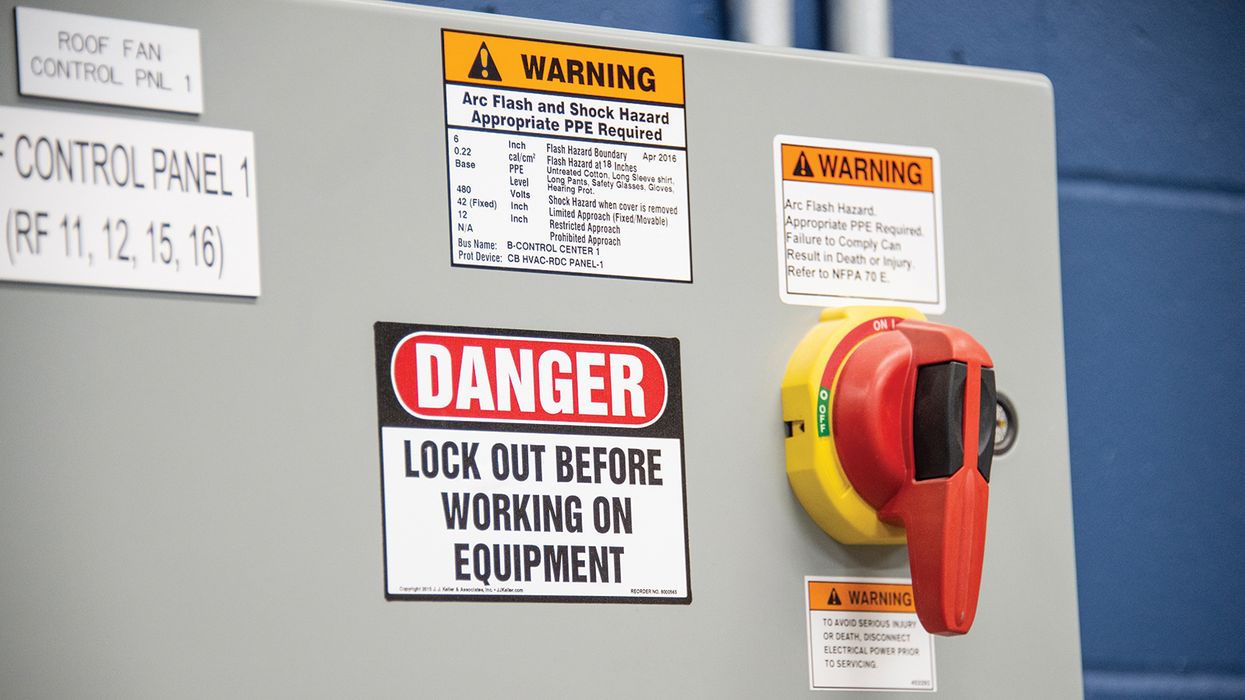4 Tips for successful fuel tax and vehicle registration records
Organized and accessible records are the secret to a painless and penalty-free audit under the International Fuel Tax Agreement (IFTA) and International Registration Plan (IRP).
Your hard work will have a double payoff, since:
- Similar recordkeeping requirements apply under both programs, and
- Jurisdictions often conduct joint audits of these programs.
Tip #1: Organize distance records for both programs
Both IFTA and IRP require detailed records of the actual routes traveled by each vehicle for every trip. When recording mileage for these programs, include ALL movement � interstate and intrastate, as well as loaded, empty, dead-head, and bobtail miles.
A recommended source document to track distance is an individual vehicle mileage record (IVMR). IVMRs must be detailed, accurate, and legible. They can be created:
- In paper form, or
- By an electronic logging system/device (ELD) or global positioning system.
Distance records must allow an auditor to:
- Verify the reported distances, and
- Evaluate the distance tracking system.
Tip #2: Organize fuel records for IFTA
In addition to distance records, IFTA licensees must also maintain detailed records of all motor fuel purchased, received, or used in the conduct of the business. Retail fuel purchases and bulk fuel purchases must be tracked separately.
The records must enable an auditor to:
- Verify the distances traveled and fuel purchased for the period under audit, and
- Evaluate the accuracy of distance and fuel accounting systems for the fleet.
| Check out the list of details you'll need to include in your bulk fuel records. |
Tip #3: Keep records accessible
Neither IFTA nor IRP requires a specific type of storage system for the required records. Paper or electronic/digital records are acceptable.
Records can be kept:
- Onsite,
- At an offsite location, or
- With a third-party administrator.
However, once you are notified of an audit by the base jurisdiction, you must be able to present those records within 30 days of the request. If using a third-party administrator, you should be clear about how you'll access your records when necessary.
Tip #4: Retain records for required time frames
Under IFTA, records used for the quarterly tax return must be retained for four years from the return due date or filing date, whichever is later, plus any time included under waivers or jeopardy assessments.
You must retain IRP records that support the apportioned registration for the current year, plus the three preceding mileage years. As a result, distance data may need to be kept for up to six and one-half years. For this reason, it is highly recommended to keep all distance and fuel data for six and one-half years.
| Avoid this mistake: If using ELD data to comply with IFTA and IRP, be sure to verify with your service provider that records are kept for the required retention periods. Since hours-of-service data is only retained for six months, some ELD programs may not meet the longer record retention requirements of IFTA and IRP. Can your ELD handle the upcoming changes to the recordkeeping requirements? |
- In an accessible format, and
- For the required retention periods.






















































